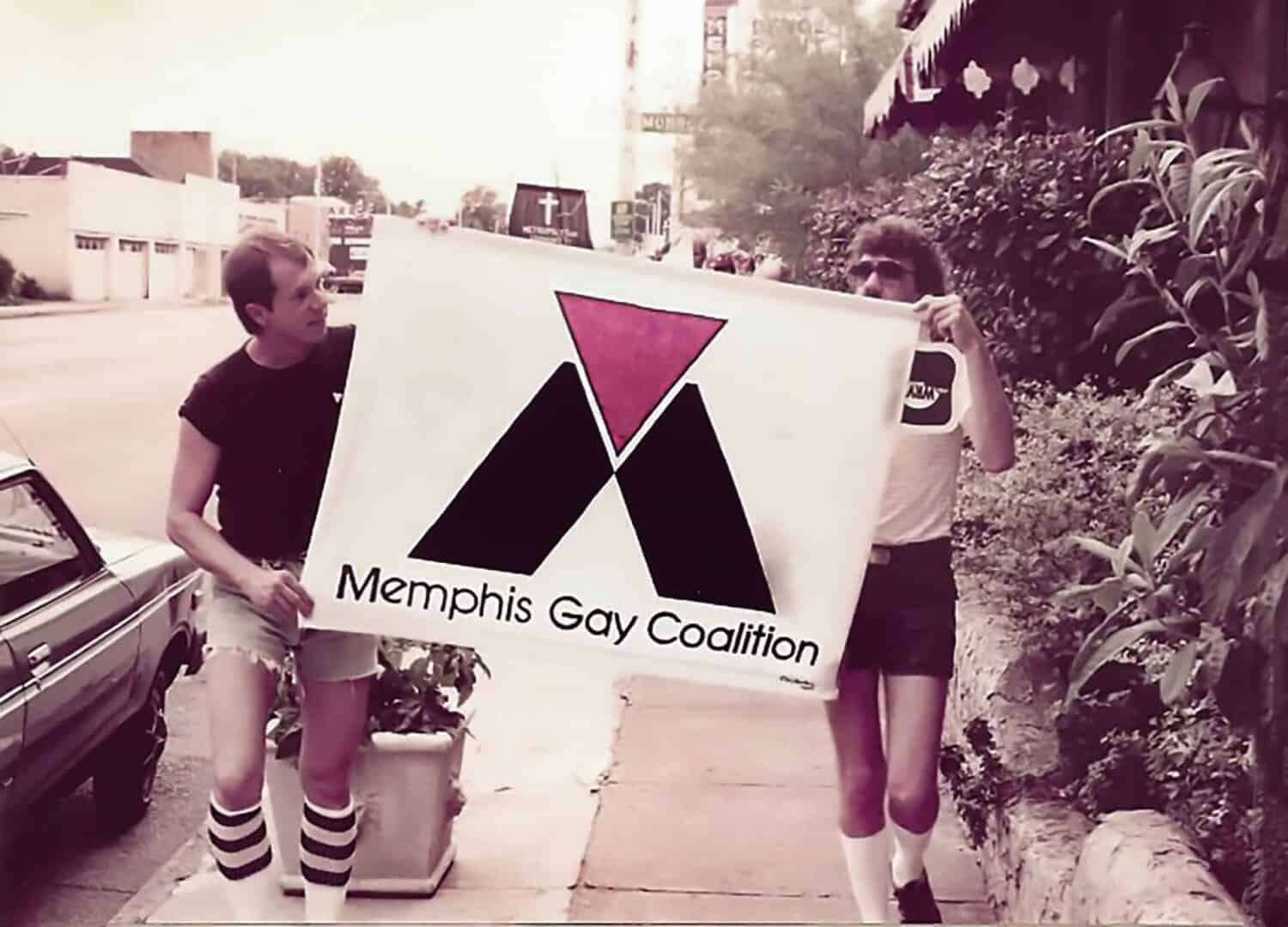By 1983, Memphis’s LGBTQ+ community had spent years carving out spaces of visibility in a city that often met them with silence or hostility. Each march, each rally, each gathering was an act of defiance and determination. On June 26, they marched again. Starting at Peabody Park, they moved through Cooper Street, crossing physical and symbolic intersections alike, before gathering at the Overton Park Shell. It was the 8th Annual Memphis Pride, and while the spirit of celebration remained, the urgency had changed.
The year before, Pride had been a declaration of existence. This year, it was a call to action. The HIV/AIDS crisis, still in its early days, was making itself known, spreading through communities while the government refused to acknowledge it. The rally at Overton Park reflected this growing fear and resolve. Activists took the stage not only to demand LGBTQ+ rights but to sound the alarm on a crisis that would soon define a generation.
The marchers of 1983 did not know that their time in the streets was running out. Within two years, the annual Pride marches would stop, as energy shifted toward confronting the AIDS epidemic head-on. Resources went to health care, advocacy, and emergency support for those who were falling sick. The River Ride and the Pride picnic continued, but the act of marching—of publicly demanding to be seen—took a backseat to survival.
This was not a retreat. It was a shift in battle lines. Memphis’s LGBTQ+ community was entering a new era, one in which they would have to fight not just for acceptance, but for their very lives. The march of 1983 was one of the last before the city’s Pride movement evolved into something different, something shaped by loss but fueled by the same determination that had carried them this far.
The streets may have been quieter in the years that followed, but the fight never stopped. It simply took new forms, new strategies, and new warriors. And when the marches returned years later, they carried the memory of those who had walked before them—those who had demanded to be seen, and those who had been lost before the world was willing to look.
